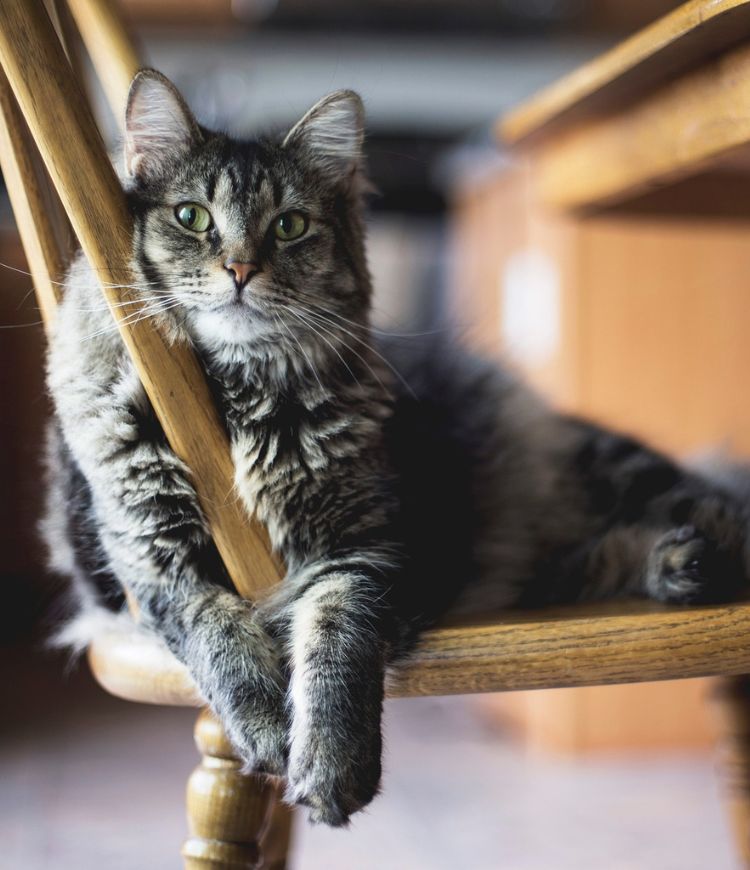Pet Dentistry
Our veterinarians continue to evolve our dental standards through regular discussions with veterinary dentists to ensure we remain at the forefront of veterinary dental practices.
Pet Dentistry in Swift Current, SK

Pet Dentistry
According to the American Veterinary Dental Society, 80% of dogs and 70% of cats have oral disease by age 3. It is the most frequently diagnosed health problem in pets. Common signs of oral disease include tartar buildup, red and swollen gums, bad breath, changes in eating or chewing habits, pawing at the face or generalized depression.
A veterinarian should evaluate your pet’s dental health at least once a year. We recommend this because bacteria and food debris accumulate around a pet’s teeth and, if left unchecked, will deteriorate the soft tissue and bone surrounding the teeth. This decay results in irreversible periodontal disease and even tooth loss.
There are other reasons why you should pay close attention to your pet’s dental health. Dental disease can affect other organs in the body: bacteria in the mouth can get into the bloodstream and may cause serious kidney infections, liver disease, lung disease, and heart valve disease. Oral disease can also indicate that another disease occurs elsewhere in a pet’s body. A thorough physical exam and appropriate laboratory work can determine if this is the case.
If your pet has a dental disease that can’t be corrected with methods used at home,, we often recommend complete dental scaling, polishing, and possible extractions at the clinic. This procedure is done under general anesthetic and uses the same tools as your dentist does when cleaning your teeth. Before these procedures, we like to have your pet take antibiotics for five days to prevent bacteria from entering the blood and invading other organs.

